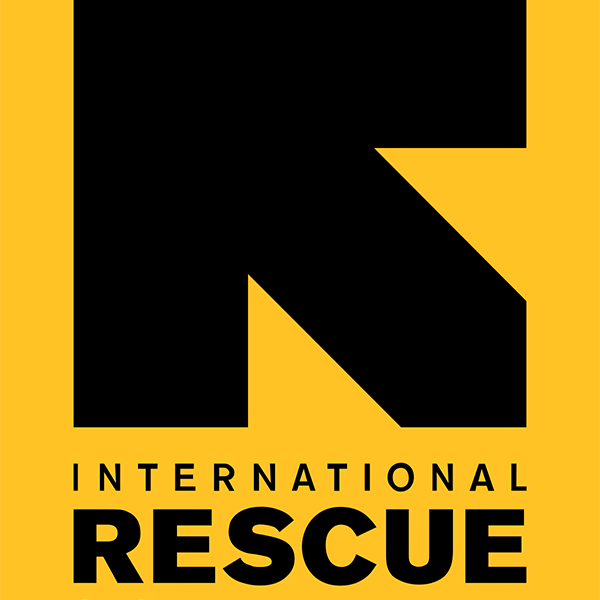International Rescue Committee

The International Rescue Committee (IRC) is a global humanitarian aid, relief, and development non-governmental organization. It was founded in 1933 at the request of Albert Einstein and has since grown into a leading force in responding to the world’s worst humanitarian crises. The IRC’s professional mission is to help people whose lives and livelihoods are shattered by conflict and disaster to survive, recover, and regain control of their future.
The professional scope of the IRC encompasses a wide range of services and expertise, including:
- Emergency Response: The IRC is a first responder in humanitarian crises, providing immediate, life-saving aid to people displaced by war, persecution, or natural disaster. This includes the distribution of clean water, food, and shelter, as well as essential healthcare services.
- Health and Wellness: A major focus is on restoring health and well-being. This involves providing primary and community health care, reproductive health services, mental health support, and programs to address gender-based violence, a common consequence of conflict.
- Economic Well-being: The IRC works to restore economic stability for individuals and communities. This is achieved through vocational training, business grants, and livelihoods programs designed to help people become self-sufficient and build sustainable incomes and assets.
- Education and Child Protection: The organization is committed to providing education for children in crisis settings, recognizing its role in providing hope and a sense of normalcy. This includes establishing schools, providing educational materials, and offering child protection services to ensure children are safe from harm and exploitation.
- Resettlement and Integration: In addition to its work in crisis-affected countries, the IRC has a significant presence in the United States and Europe, where it helps resettle refugees. This includes providing assistance with housing, job placement, and cultural orientation to help newcomers integrate into their new communities.
- Advocacy and Policy Influence: The IRC leverages its experience and data to advocate for policies that improve the lives of crisis-affected populations. They work to raise public awareness, promote the rights of refugees, and influence humanitarian policy and practice on a global scale.
The IRC’s professional identity is defined by its ability to deliver high-impact, cost-effective solutions in complex environments, while consistently focusing on the unique needs of women and girls. Their work is a testament to a deep commitment to humanitarian principles, driven by a diverse team of first responders, development experts, healthcare providers, and educators.